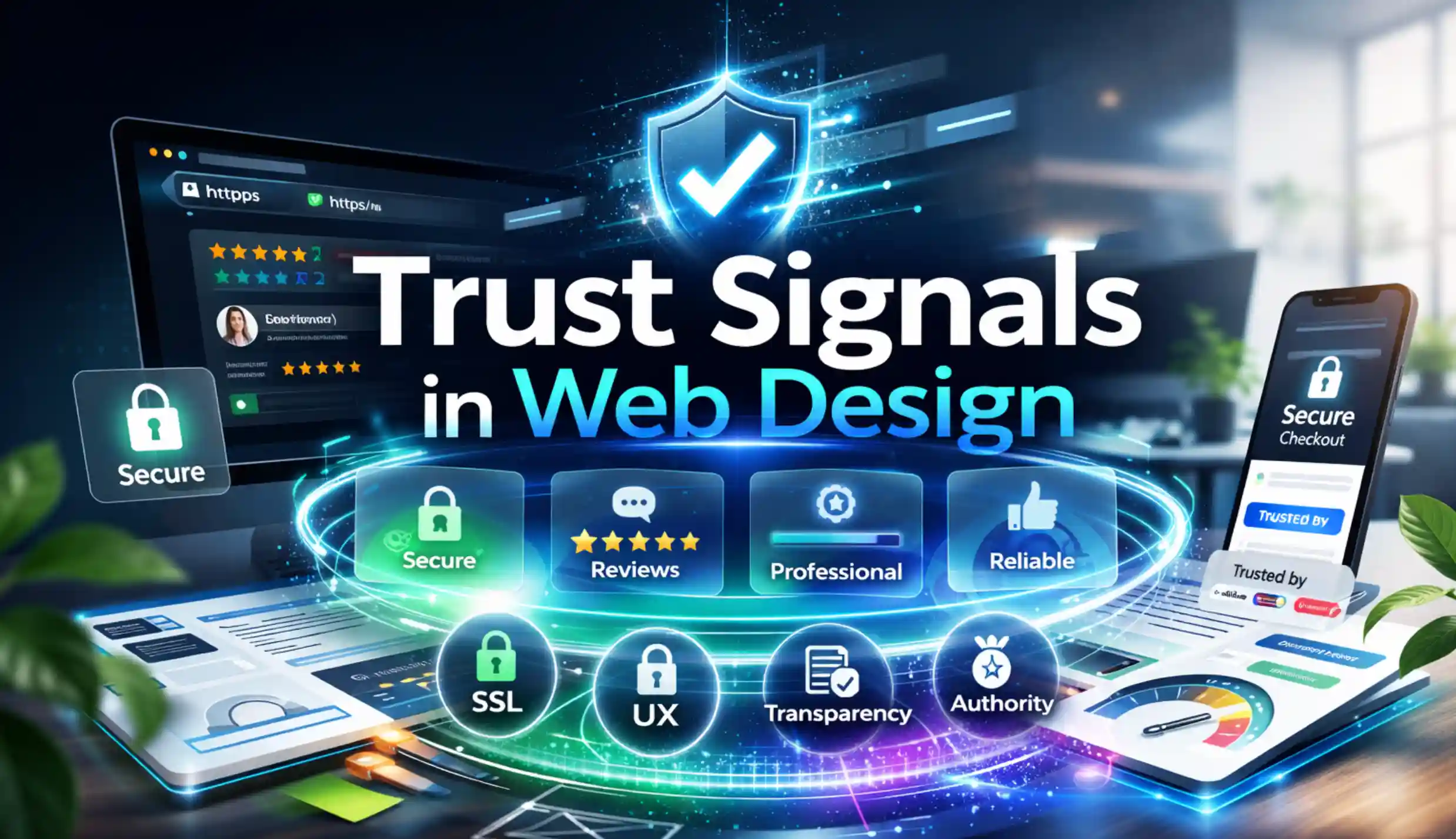Why Telemedicine App Development Services Matter in a Post-Pandemic World
Updated on
Published on
The COVID-19 pandemic changed the world in countless ways, and healthcare was among the industries most dramatically transformed. With lockdowns, social distancing, and overwhelmed hospitals, providers and patients were forced to find new ways to connect. Telemedicine—once a niche convenience—became a vital part of care delivery. But now, years after the initial crisis, one question remains: Is telemedicine here to stay?
The answer is a resounding yes. This article explores why telemedicine app development services are more critical than ever in a post-pandemic world and how they shape global healthcare's future.

The Rise of Telemedicine During the Pandemic
According to data from McKinsey, telehealth usage was 38 times higher in 2026 than pre-COVID levels. What started as an emergency measure became a mainstream solution for millions of patients worldwide.
Telemedicine apps allowed continuity of care to be maintained when physical visits were not possible. They allowed for remote consultations, mental health support, chronic disease monitoring, and more. These tools helped flatten the curve and opened the door to more efficient, inclusive, and scalable healthcare.
Changing Patient Expectations and Behaviour
One of the most profound outcomes of the pandemic was a shift in how patients view healthcare. What was once considered "alternative" has now become the norm. Today's patients expect flexibility, on-demand access, and digital-first experiences. This shift has redefined what "quality care" means in the 21st century.
That's why telemedicine app development services have become crucial. These services don't just deliver code—they deliver digital healthcare ecosystems tailored to the evolving expectations of modern patients. Whether booking a virtual appointment, receiving prescriptions online, or accessing test results in real time, patients now expect seamless, tech-driven interactions from their providers.
Key Benefits of Telemedicine in the Post-Pandemic Era
Improved Access to Care
Telemedicine bridges gaps in care by reaching patients in rural or underserved regions. People with mobility issues, older people, and those without reliable transportation can now access doctors from the comfort of their homes.
Cost and Time Efficiency
Virtual care reduces overhead costs for clinics and hospitals, saving patients time and money on travel. It also enables providers to see more patients in less time, improving efficiency without compromising quality.
Continuity of Care and Chronic Disease Management
For patients with long-term conditions like diabetes, hypertension, or heart disease, telemedicine offers regular check-ins and remote monitoring, reducing the risk of complications and unnecessary hospital visits.
The Role of Telemedicine App Development Services
Custom Solutions for Different Healthcare Providers
Every healthcare organization has unique needs. Whether it's a private clinic, an extensive hospital system, or a health tech startup, professional telemedicine app developers can create tailored solutions that align with specific workflows, branding, and patient demographics.

Compliance and Security
Leading telemedicine app development providers ensure that apps are built with HIPAA, GDPR, and local data protection laws in mind, implementing encryption, authentication, and regular audits.
Integration with Existing Systems
Telemedicine apps must integrate smoothly with EHR systems, lab databases, CRM platforms, and billing systems. The best development teams build apps that act as extensions of an existing digital ecosystem, not disruptions.
Future Trends in Telemedicine App Development
The future of telemedicine will be powered by intelligent technology. Artificial intelligence will assist in triage and automate documentation, while wearables and IoT devices will expand the reach of remote patient monitoring. Telemedicine platforms will continue growing across devices—phones, tablets, desktops, even smart TVs—making healthcare ubiquitous.
Moreover, data-driven personalisation will enhance patient outcomes by tailoring care based on real-time metrics and behavioural patterns.
Challenges and Considerations
Despite its many benefits, telemedicine still faces challenges. Not all patients have access to high-speed internet or smart devices, creating a digital divide. Healthcare providers must also be trained to use new platforms effectively. Additionally, funding and reimbursement models still lag behind technology, hindering adoption for smaller practices.
The pandemic may have accelerated adoption, but patient expectations, technological progress, and systemic benefits will ensure its continued relevance.
Telemedicine app development services are essential to this transformation. They empower providers to offer secure, personalised, and scalable care solutions that meet the needs of modern patients.









